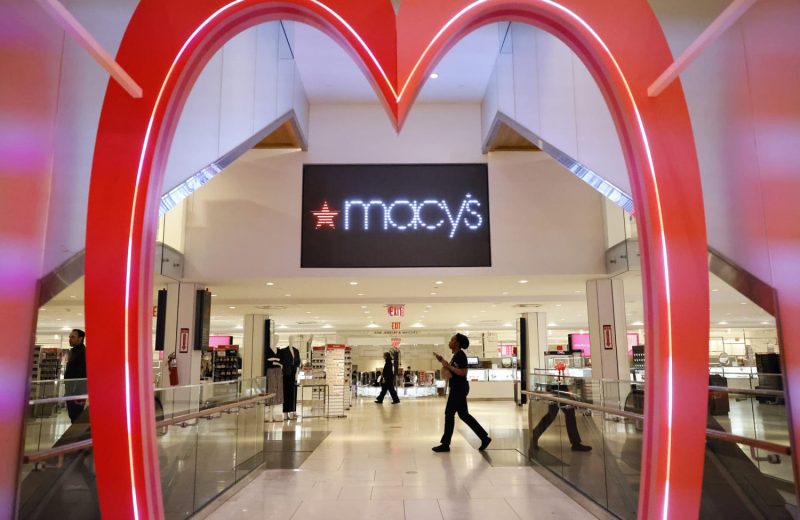In a bold move set to reshape the retail landscape, Macy’s recently announced the closure of 150 stores nationwide as part of a strategic shift towards a greater focus on luxury offerings. This decision comes amid a rapidly evolving retail industry, marked by changing consumer preferences and the rise of e-commerce giants.
The move by Macy’s reflects a broader trend within the retail sector, where traditional brick-and-mortar stores are facing increasing challenges in the face of online competition. With the convenience and variety offered by e-commerce platforms, many consumers are opting to shop online rather than visit physical stores. This shift has forced traditional retailers like Macy’s to reassess their business models and make strategic decisions to remain competitive in an ever-changing landscape.
By closing 150 stores, Macy’s is not only streamlining its operations but also signaling a renewed focus on luxury offerings. This strategic shift aligns with changing consumer preferences, as many shoppers are now seeking premium and high-end products that provide a unique and exclusive shopping experience. With luxury brands becoming increasingly coveted by consumers, Macy’s decision to emphasize high-end offerings positions the retailer to attract a more discerning customer base and drive growth in the luxury segment.
Moreover, Macy’s move towards luxury aligns with broader trends in the retail industry, where many traditional retailers are seeking to differentiate themselves by offering unique and premium products that cannot be easily replicated by online competitors. By focusing on luxury, Macy’s aims to create a distinct shopping experience that sets it apart from other retailers and attracts a more upscale clientele.
While the closure of 150 stores may signal a significant shift for Macy’s, it also presents an opportunity for the retailer to reinvent itself and carve out a new identity in the retail landscape. By strategically refocusing its efforts on luxury offerings, Macy’s is positioning itself for a bold new chapter that capitalizes on evolving consumer preferences and sets the stage for future growth and success in the competitive retail industry.
In conclusion, Macy’s decision to close 150 stores and pivot towards a greater focus on luxury offerings represents a strategic move to adapt to changing consumer preferences and the evolving retail landscape. By embracing luxury and streamlining its operations, Macy’s is positioning itself for a bold new chapter that aligns with broader trends in the industry and sets the stage for continued growth and success in the future.
